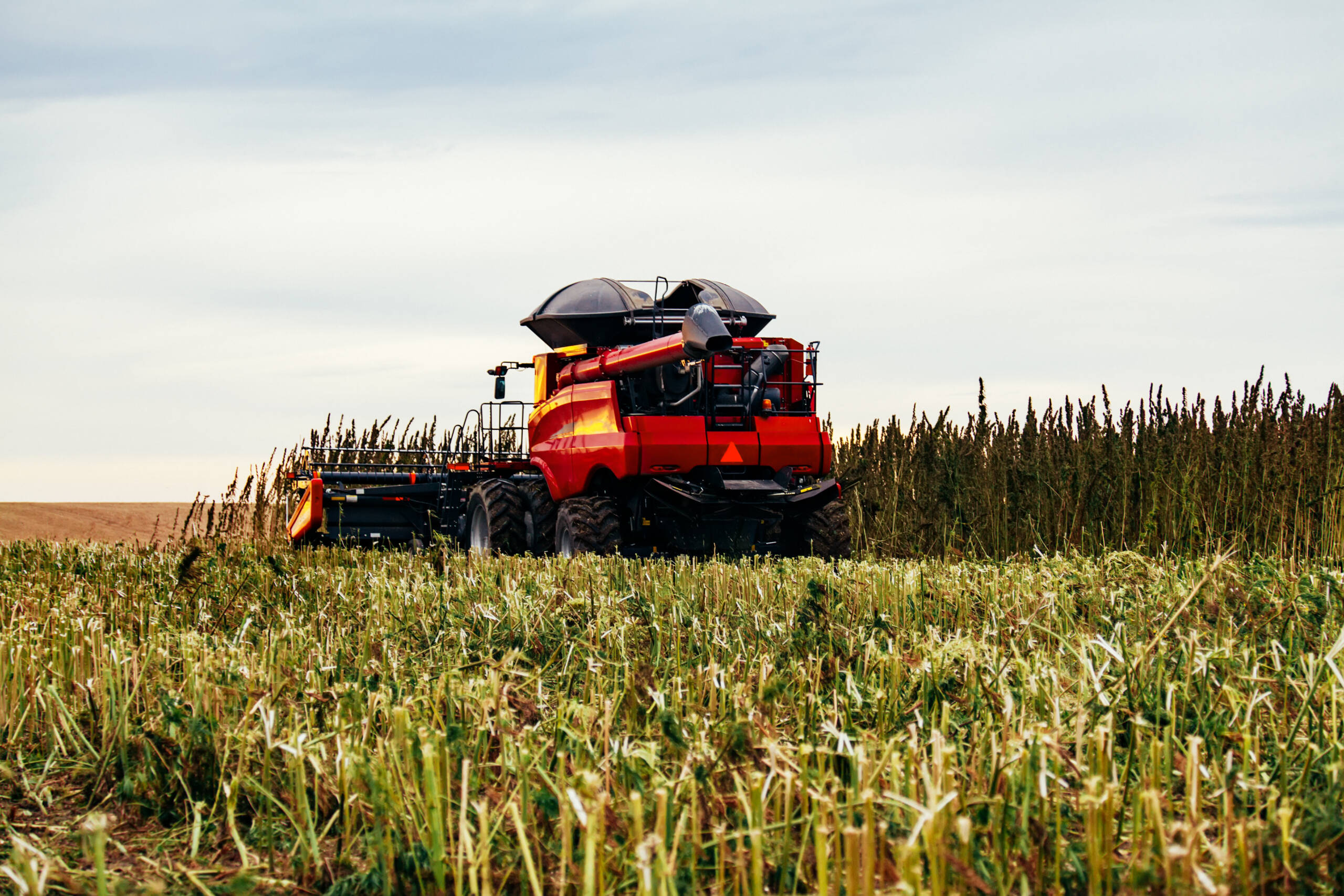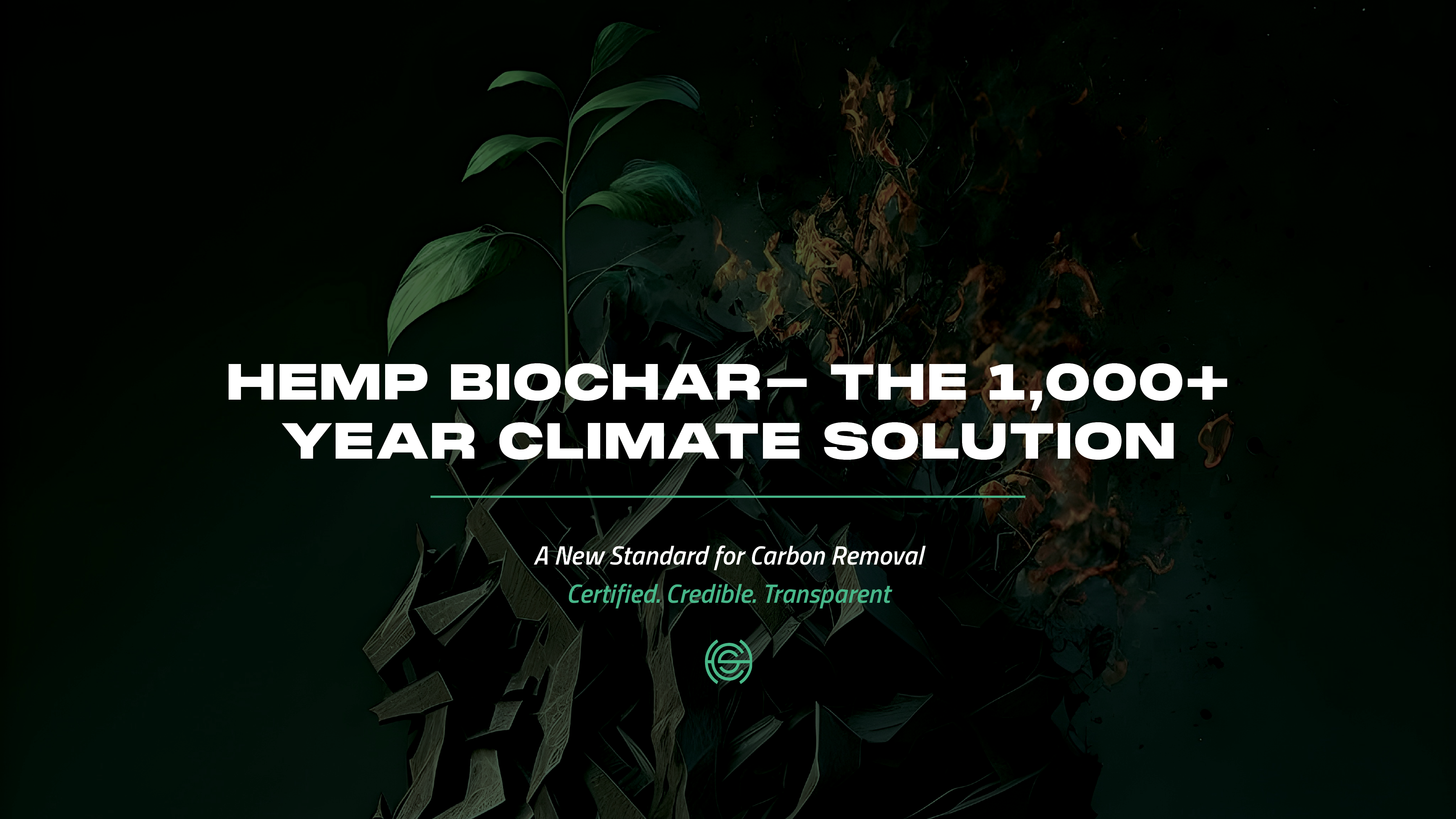The use of industrial hemp as a crop is gaining popularity around the world, and for good reason. Not only is it a versatile and sustainable crop with a range of uses, but it also has the potential to help mitigate the effects of climate change by absorbing CO2 emissions. In this article, we will explore the volume of industrial hemp grown worldwide, which countries are the biggest producers, and the estimated growth over the coming years based on its benefits to the climate.
According to a report by the Hemp Business Journal, the global industrial hemp market was valued at $4.71 billion in 2019 and is expected to reach $15.26 billion by 2025, representing a compound annual growth rate of 15.8%. The report also estimates that the global industrial hemp market will reach 2.5 million acres by 2023.
When it comes to industrial hemp production, China is currently the world’s largest producer. In 2019, China produced an estimated 80% of the world’s industrial hemp, followed by Canada and the United States. Other major producers include France, Romania, and Hungary.
In recent years, there has been a surge of interest in industrial hemp production in the United States, particularly in states where hemp cultivation was legalized under the 2018 Farm Bill. In 2020, the U.S. Department of Agriculture reported that there were 511,442 acres of industrial hemp grown in the United States, up from just over 78,000 acres in 2018.
Hemp should not be overlooked as a major source of high integrity carbon credits for the VCM
Piter Bowman
The benefits of industrial hemp to the climate are becoming increasingly well-known, particularly its ability to absorb CO2 emissions. According to research by the Rodale Institute, industrial hemp can absorb up to 22 tonnes of CO2 per hectare, which is higher than the amount absorbed by many other crops. This makes industrial hemp an attractive option for farmers and policymakers who are looking for ways to mitigate the effects of climate change.
In conclusion
In conclusion, the volume of industrial hemp grown worldwide is increasing, with China currently the largest producer. However, there is a growing interest in industrial hemp production in other countries, particularly in the United States. As awareness of the benefits of industrial hemp to the climate continues to grow, we can expect to see even more growth in the industry in the coming years.




